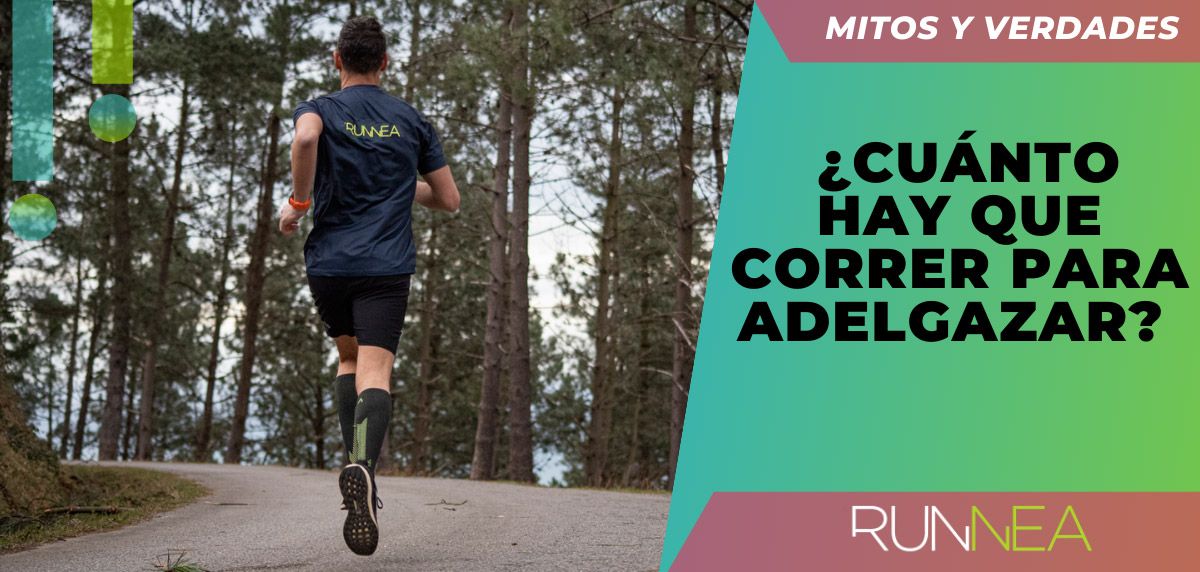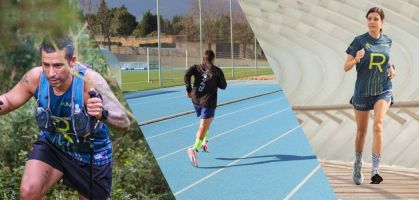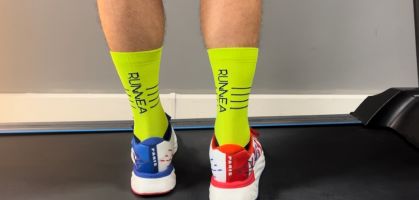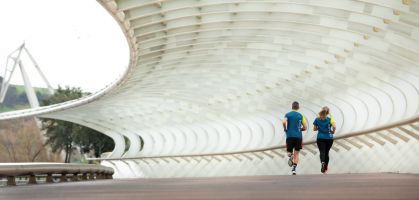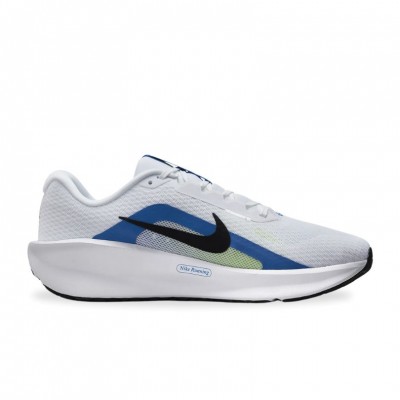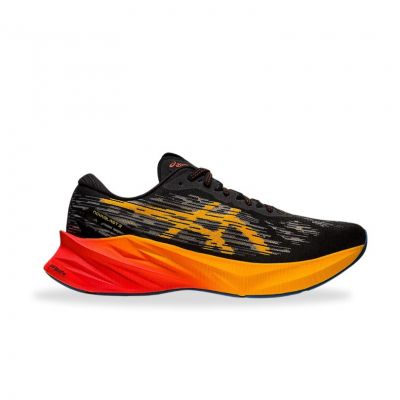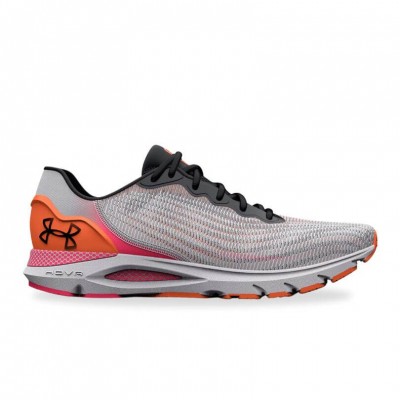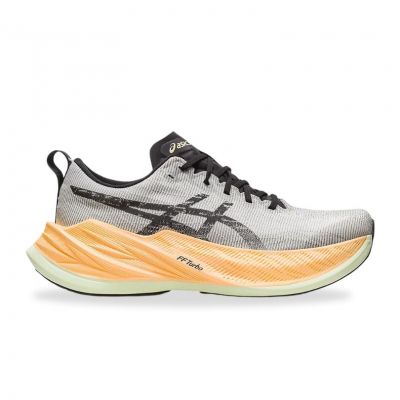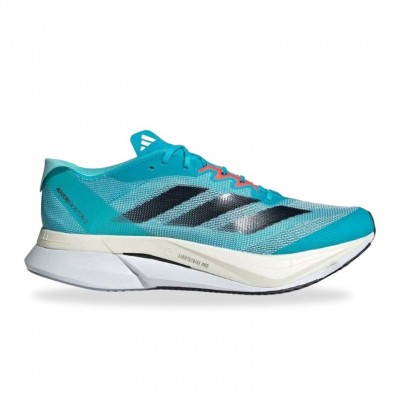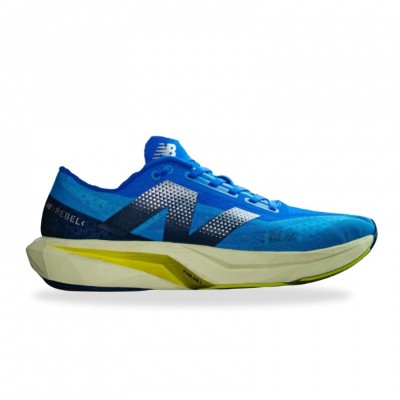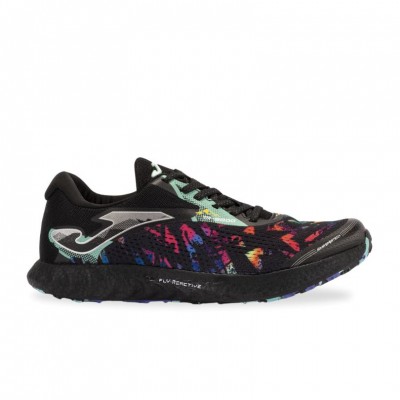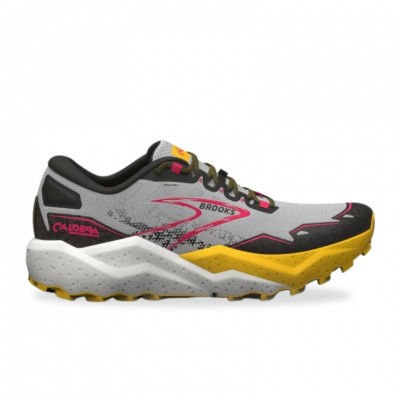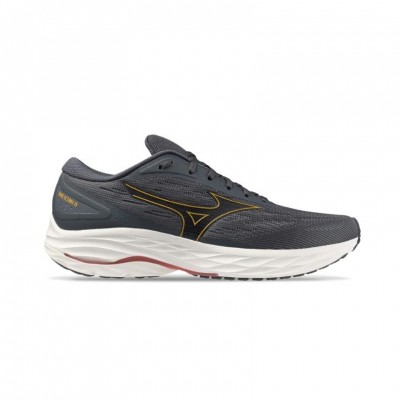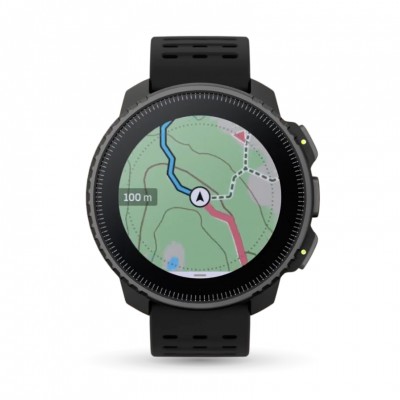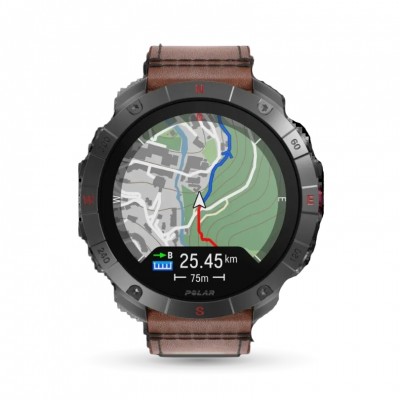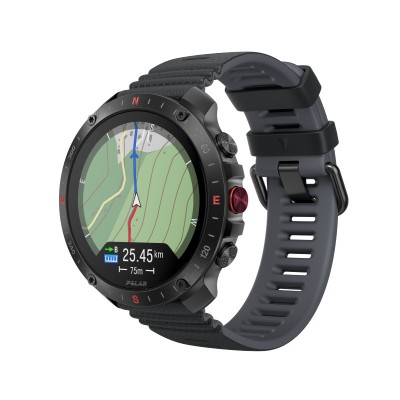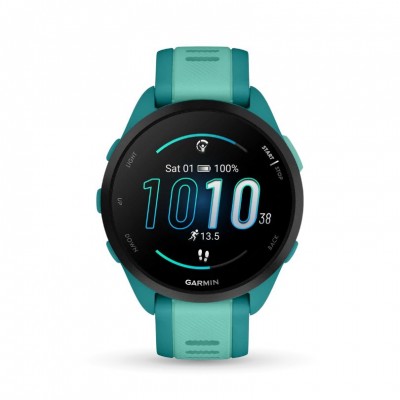It is very likely that one of the reasons that have led you to become a regular runner is to lose weight. You will not be the first or the last, of course! But from this perspective we can say: "Is running the perfect ally to burn fat?""How much you have to run and at what intensities to get slimming? In this Runnea 's post we try to reveal it with clear and concise arguments, pay attention and read!
There is no doubt that running, in particular, and physical exercise, in general, have a direct influence on an increase in energy expenditure, therefore, this leads to an oxidation of fats or glycogen. Here comes into play the concept of basal metabolic rate (energy expended at rest and maintains our vital functions), that the greater the increase in this rate, the greater the process of fat degradation in our metabolism.
However, whenever we put on our Running shoes and go running, we are not only "spending" and consuming only fats. We must take into account that there are certain parameters to check whether this incidence is real or not, especially the duration and intensity of training, among others.

How long and at what intensity should you run to lose weight?
Having brought up variables such as time and intensity of training to try to get results in burning the most fat when we go running, our Runnea sports director, Iker Muñoz, clarifies that "if what we want is to mobilize the fat reserves in our body, in order to reduce them, we will have to make sure that the intensity of the training is the same as the time and intensity of the training. We will have to make sure that the exercise intensity is low so that glycolysis does not participate in excess, and that the energy needed for the movement comes from glycogen," adding that "in turn, to mobilize these fat deposits, it is necessary that the exercise has a continuity (without excessive changes of pace and a medium-long duration)".
- You may beinterested in: 3 mistakes that are not helping you to lose weight through running.
Now then, one of the key questions related to the time available to go out to train, the idea is to plan "an intense training session, even if during it we do not spend mainly fat. After this type of session we will have generated an oxygen debt, which will cause our metabolic rate to be increased for some time, making it possible to mobilize and use our fat deposits in the adipocyte (cells that form adipose tissue). In this way we will be able to increase the "fat burning", Muñoz points out.
More doubts to solve, apart from the duration and intensity, what about the pace of running ... is it better to run at a steady pace or resort to intervals? You should know that neither of the two options is bad. What's more, they should be complementary in your individualized training plan. "There is no doubt that always maintaining the same type of stimulus can be very monotonous. One of the main objectives of endurance training is to use fat as an energy substrate at the highest possible intensity, avoiding the depletion of glycogen stores. Therefore, both types of training (continuous running at a steady pace, or more explosive intervals) are important to achieve our goal," says one of ourRunnea Academy head coaches .

Does running on an empty stomach help us burn fat faster?
Embarked on this goal of running to lose weight, it is also advisable to dot the i's, because there is no time slot that helps us to determine whether we burn more or less fat in our body, because, a priori, any time can be good. However, "after a meal, our insulin peak will normally be high, which will partially inhibit the mobilization of adipocyte fat," says Iker Muñoz.
At this point it is also interesting to answer the question of whether running on an empty stomach is better for faster fat loss. "If we understand running on an empty stomach as not having eaten anything in the last 8-10 hours, it will not have the same effect as training with low glycogen stores. This second option is much more demanding and is not recommended for all types of runners. It is true that it can positively influence the increase in the participation of fats as the main energy substrate in the activity, but as long as this is of low or moderate character", clarifies our #RunTester of Runnea, who also advises us that:
The most important thing, if what we want is to maximize fat degradation during activity, is to maintain a low intensity and continuously".
And finally, and with the purpose of helping the runner that we carry as standard in Runnea's DNA, we also take advantage of the lines of this post to dismantle one of those myths and urban legends that goes from mouth to mouth, from one runner to another: go out to run warmer and with more clothes than indicated to break a sweat before.

It's a typical image: a hot day, one of those days when you're wearing too much, and suddenly before your eyes appears that runner with long tights, long-sleeved shirt and / or technical running jacket included, and sweating like a chicken. Don't say you haven't come across a runner like that!
"This myth has nothing to do with fat loss. By increasing sweating, we will lose weight, but not fat. Going out running with a lot of clothes, makes us generate a greater thermal stress to our body, as it hinders thermoregulation. This situation of hyperthermia will cause our performance to decrease, and in extreme cases we can compromise our health due to heat stroke or dehydration", makes clear the sports director of Runnea, so watch out and be careful with this type of arguments that we think that we can benefit, and it is just the opposite! Remember that the best option is to train with criteria and well advised by a professional as those who complete the staff of Runnea Academy, and you have at your disposal, if you need them.
Read more news about: Running Training
